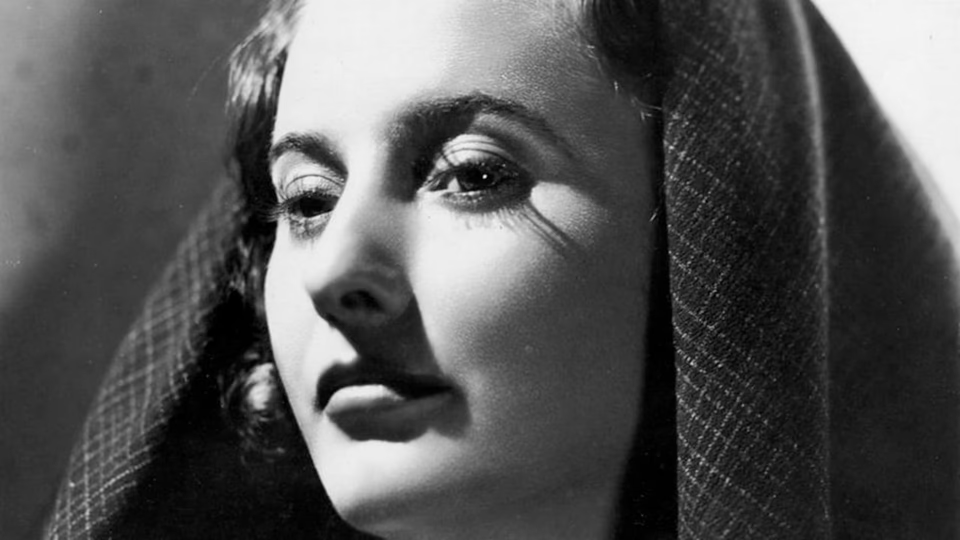The Plough and the Stars

I thought Hitchcock’s adaptation of Seán O’Casey’s Juno and the Paycock was bad, but it proves masterful compared to John Ford’s take on O’Casey’s The Plough and the Stars.
To be fair, I don’t blame Ford. He revered the source material, which tells the story of the Easter Rising, an early attempt at Irish independence, from a working-class perspective.
The film opens with Jack, played by Preston Foster, receiving orders from the Irish Citizen Army. When the messenger addresses him as a commandant, he’s surprised. He then learns news of his promotion had been delivered weeks earlier to his wife Nora, played by Barbara Stanwyck, who burned the letter. Nora doesn’t want Jack to fight, but of course, he does. The resulting standoff with British troops would trigger riots and looting and cost hundreds of lives.
Ford wanted to cast the Irish stage players, but the studio insisted on name leads. Hence, we get Stanwyck and Foster. He acquits himself better, but only because she’s so bad. Stanwyck is a fantastic actress, but this role, delivered as Irish by way of Brooklyn, proves beyond her talents.
Compounding matters, the adaptation neuters the play of its bite, with drastic third act changes to facilitate a more upbeat ending. It also transforms the rift between Jack and Nora from bitter to melodramatic.
This meddling led Ford to disown the final product, and I don’t blame him. It’s awful.